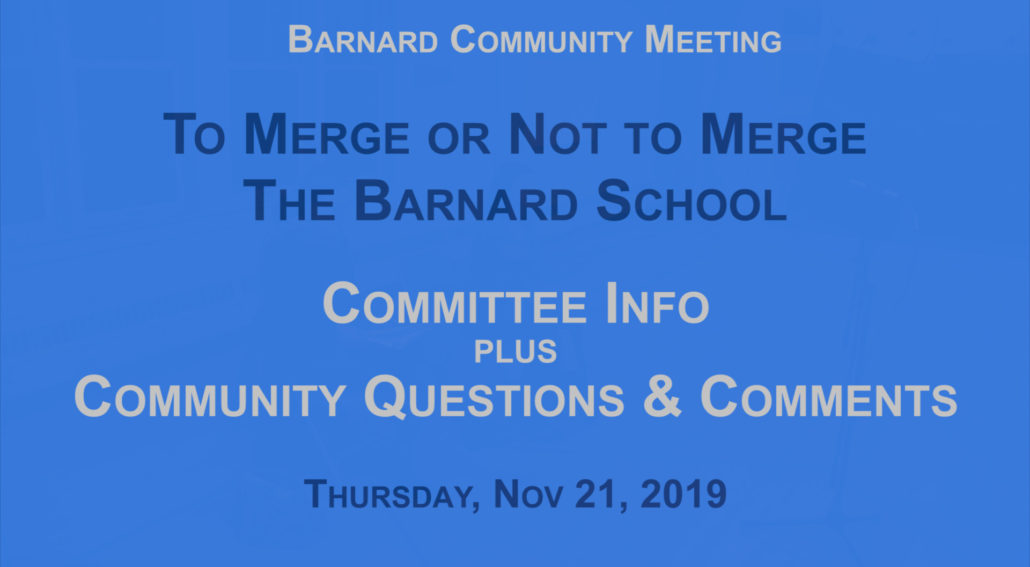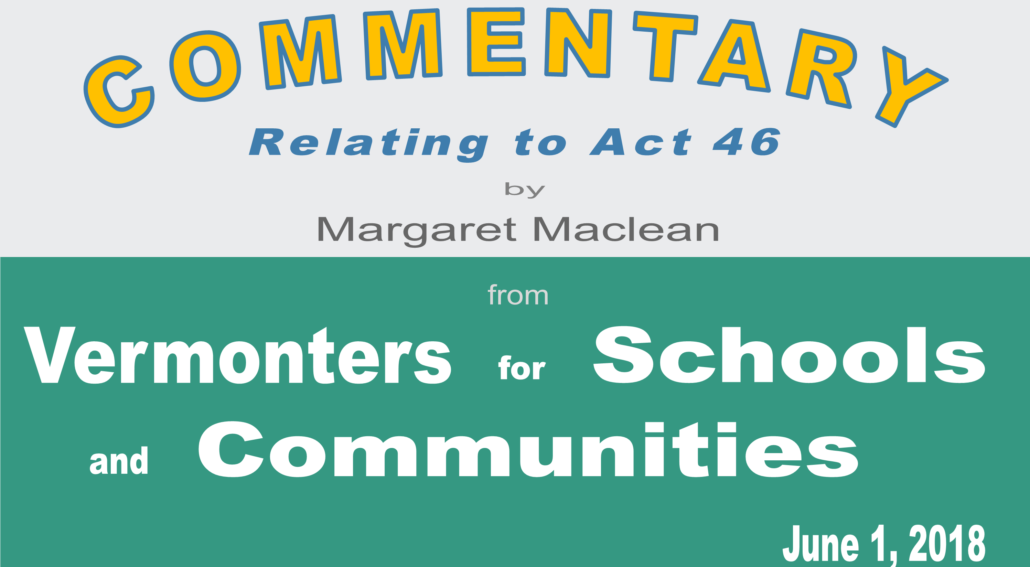Plan forces rural school districts to merge
against the wishes of their electorate
Plan does not provide evidence
of fiscal or educational benefit
The administration of Governor Scott released a plan today that disregards the wishes of the local electorate. This action is an attempt to begin to dismantle public education in Vermont. The plan forces school districts to merge governance. It is not accompanied by evidence to show merger will save dollars, offer more opportunities for students or demonstrate increased efficiency.
Following the passage of Act 46, local school boards in many communities studied the possibility of merging for over two years. They found that merging would destabilize the quality of education, disconnect families from their schools and schools from their communities and ultimately would not save money or increase opportunity. School boards decided they could better meet the goals of the law via an alternative plan, an option under Act 46. Voters in these communities have rejected merger at the ballot box and/or approved the alternative plans developed by their elected school boards.
“Merger does not make schools better or cheaper. It merely empowers bureaucracy — which is of course why it appeals to state government. It distances citizens’ voices from decision-making and magnifies the voice of outside interests, of politicians, managers, and lobbyists. It shifts priorities from teaching to accountancy. It narrows the scope for civic action and degrades our capacity to organize and govern ourselves. In sum, it works against both democracy and education.” Scott Thompson, U-32 board (Calais), member of the Washington Central SU merger study committee 2015-17
By undermining the stability of these school districts and their ability to work collaboratively with their neighbors the Scott administration is laying the groundwork for dismantling public education in Vermont. The unnecessary strife and turmoil caused by this action exposes forced merger as a charade.
"This forced merger will make our current union smaller and less efficient by eliminating the town of Vernon from our Union, move resources from the highest poverty areas to the lowest, and improve nothing but the job conditions of the superintendent and business manager. That's why it was voted down in all the towns by a 2-1 margin. This is all politics not what is best for our children” David Schoales, Brattleboro School Board
In our lifetime, we're going to see fifty percent of the world's species go extinct. Are we going to add 100% of Vermont’s community schools to that list? Steve Mason, Lowell School Board.
The next step is for the State Board of Education to review each community’s plan at public meetings in July, August and September. The State Board will then vote to approve local plans or comply with the administrations plan and force the merger of these districts by November 2018.


